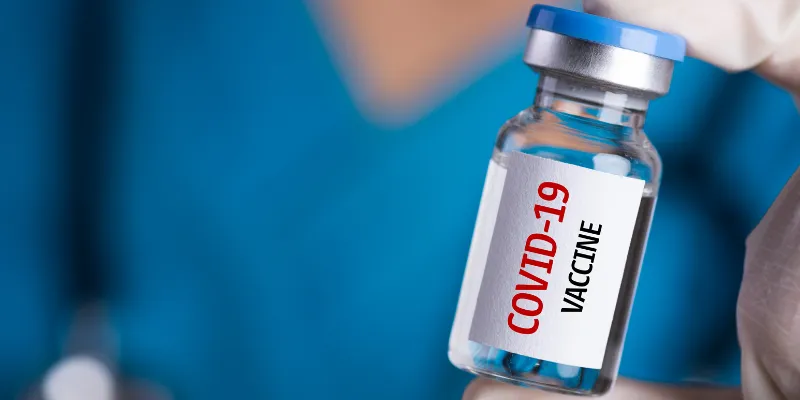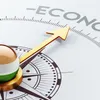Goldman Sachs forecasts India’s GDP growth to rebound to 13 pc riding on vaccine availability
Goldman Sachs is bullish about India's GDP growth rate next year, but it all depends on the "broad-based availability" of the COVID-19 vaccine.
Goldman Sachs is bullish about India's economy recovery rate.
The global investment bank forecasts India's GDP growth to rebound to 13 percent in 2021 (above consensus expectations of 10.9 percent) catalysed by the "broad-based availability of an effective vaccine" for COVID-19.
This forecast comes just a day after Moderna announced that its vaccine, which is in Phase 3 of trials, will be over 94 percent effective in preventing COVID-19.
"The availability of an effective vaccine in India could allow containment policies and mobility to normalise by mid-2022. This should allow a meaningful activity rebound in 2021 – particularly in consumer-facing services sectors, where activity remains significantly below pre-COVID levels," Goldman Sachs stated.

However, it also cautioned that the pace of the rebound will be "restrained by some economic scarring" and a variety of factors including a weak labour market, affected private sector incomes, bleeding balance sheets, and limited economic stimulus.
"Overall, we expect real GDP growth to rebound to 13 percent in FY22 after an expected -10.3 percent contraction in FY21," it stated.
On the positive side, Goldman Sachs expects inflation to come down by mid-2021 as food prices fall on easing supply chain restrictions, an appreciating rupee, and other network effects.
It also expects RBI to cut policy rates by another 35 basis points early next year. "Core inflation could also moderate given low manufacturing capacity utilisation," it said.
The positive sentiment is also a result of the the fact that new coronavirus cases in India have fallen to below 50,000 in the past weeks after peaking at around 90,000 per day in September. The positive testing rate has also declined to 7.1 percent from a peak of 8.5 percent in September – with India still testing 1.1 million samples per day.
"These are somewhat encouraging trends for an economy that has struggled with virus containment this year. However, it is still too early to call time on the virus," it added.
Edited by Megha Reddy








